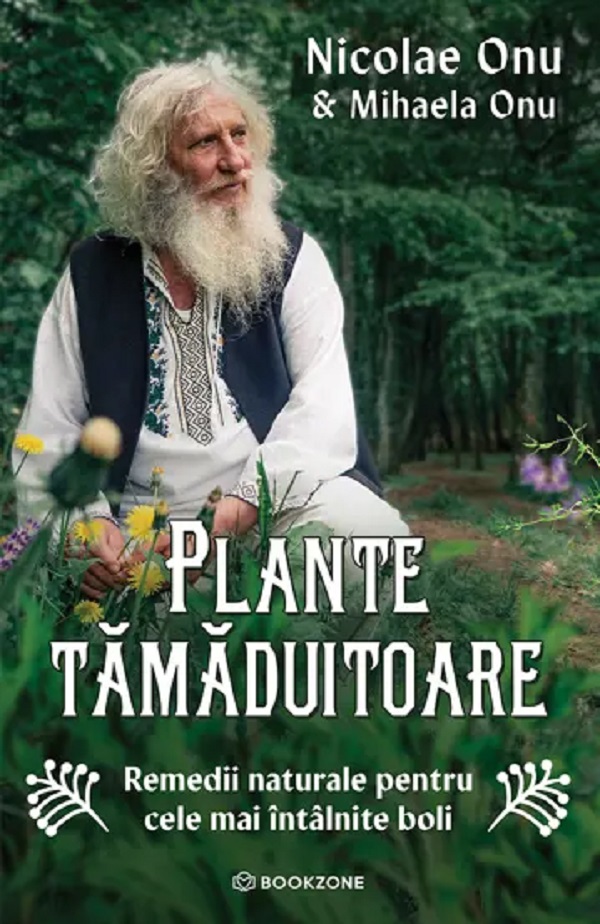I am an American Romaniaphile and the author of Michael the Brave, the Ottoman Wars, and Count Dracula, the first book about Michael the Brave written in English. It has been made known to me that a statue of Michael the Brave has been removed in the city of Oradea. At this, I am disappointed.
My book is the product of years of research. I had looked at probably every English source on Michael the Brave there is available online, including ones from the 19th century. I also taught myself to read Romanian – to an extent – by studying the works of Mihai Eminescu in English translation and in the original Romanian.
I do not claim my book is comprehensive or the last word on the subject of Michael the Brave. It is a work that I hope will inspire better scholarship. Yet, the fact remains that I am the author of the first English book dedicated to the subject of Michael the Brave.
My book explores some little-known aspects of Michael the Brave’s career, such as his struggle against the moneylenders, his close relations with the Cossacks, and his influence on Bram Stoker. What I’ve discovered is that Michael the Brave was actually much more of an influence on Stoker and his famous villain than Vlad Țepeș was. I also explain Michael’s achievement of saving a rather ungrateful Austria from the Ottoman peril.
This decision in Oradea offends me deeply. It sends the wrong message. It is not only the wrong message for Romania, but for Europe in general. After all, as my book shows, Michael the Brave is underrated as a figure in European history.
What is behind this insulting decision? I would argue that it is driven by the liberal narrative (repeated also by Karl Marx) that pre-capitalist societies were barbaric, shameful, and uncultured. This is the key to understanding Michael the Brave’s critics in Romania.
Michael the Brave’s views on economics have been cited against him since the 19th century as a flaw or a mark against his reputation. Supposedly, according to this narrative, Michael the Brave was an elitist whose feudalism precludes him from having the status of a “man of the people.” My book, which cites the most detailed example of the hostile Jewish sources on Michael the Brave I studied, uncovers the truth about his economic values.
It is true that he supported landowners, and that his social sensibilities were hierarchical rather than egalitarian. Does this mean Michael the Brave should be seen as emblematic of economic “inequality?” It does not, because Michael the Brave was an enemy of usury and plutocracy. Like Aristotle, and the great Roman dictator Sulla, Michael opposed usury because he believed that a hierarchy of wealth and power is only legitimate if it is rooted in the land.
Bankers are not the same as businessmen or landowners. Under the right leadership, agricultural or industrial capital can be made to work for the people. These types of wealth, as Eminescu realized, can conceivably be utilized by nationalism because they are concrete and rooted in a particular place.
Altogether different is “finance capital,” that is, money made only from money itself. Moneylenders ruin nations. I know that from living in a country that has always been particularly vulnerable to subversion by bankers, because in America we don’t have a pre-capitalist history. That is why, despite America’s great talent for discoveries and inventions, my country is plagued by the fact that it is a plutocracy. A proud pre-capitalist history, such as Michael the Brave’s enemies in Romania want to destroy, is a society’s immune system against the disease of “finance capital” and all the disgusting symptoms it brings.
In his book Revolution from Above, Kerry Bolton exposes how Wall Street supported the rise of Bolshevism in order to destroy the pre-capitalist elements that still existed in the Russian and Eastern European political economies at the beginning of the 20th century. To the bankers, that was the point of supporting Bolshevism. It is also why, as Bolton shows, bankers have also supported other unrealistic utopian movements, from the French Revolution to feminism. It might seem strange that bankers fund egalitarian ideas, but they do this as a tactic to destroy a society’s natural defenses against their evil influence.
Michael the Brave symbolizes, among other things, pre-modern economic and political values, which he defended from the influence of usury. On the other hand, his critics, those who scorn Romania’s pre-modern history, support the values promoted by bankers. As Eminescu realized, Romania can only gain economic strength by embracing pre-capitalist values in a modern context. It is fitting that the enemies of such a project hate Michael the Brave, for he is one of Romanian history’s main role models in the struggle to defend concrete wealth from fake capital and the kind of debt-slavery the latter is based on.
Having established that, I can conclude that the decision in Oradea is infuriating, but not surprising.
-Amory Stern, May 2019




